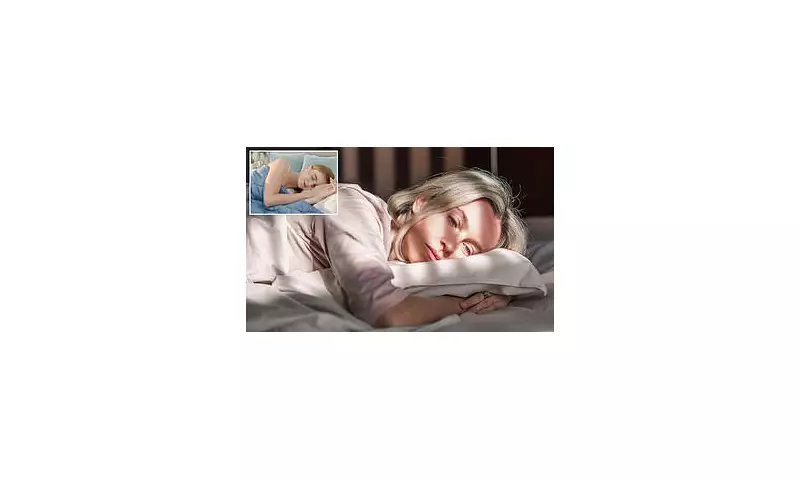
The weighted blanket, once a niche sensory tool, has exploded into a mainstream wellness phenomenon, touted as a natural remedy for anxiety and insomnia. But as sales soar across the UK, a crucial question remains: are these heavy covers a genuine therapeutic breakthrough or merely a comforting placebo?
Experts in the fields of sleep science and mental health find themselves on opposing sides of the debate, creating a complex picture for consumers seeking relief.
The Science of Deep Pressure Stimulation
Proponents of weighted blankets anchor their claims in the science of Deep Pressure Stimulation (DPS). The theory suggests that the evenly distributed weight, typically around 10% of the user's body weight, applies a gentle, calming pressure across the body.
This pressure is believed to stimulate the production of serotonin and melatonin—key hormones for mood regulation and sleep—while simultaneously lowering cortisol, the body's primary stress hormone. For individuals with autism, ADHD, or chronic anxiety, this can mimic the calming effect of a firm hug or swaddling, potentially reducing sensory overload and promoting a state of tranquillity.
The Case For: Anecdotal Evidence and Specialist Support
Many therapists and individuals report significant benefits. Dr David Lee, a clinical psychologist, states, "In my practice, I've observed patients using weighted blankets experience reduced nighttime anxiety and fewer episodes of panic. It acts as a grounding tool, pulling focus away from racing thoughts."
Countless user testimonials echo this sentiment, describing improved sleep quality, a decreased reliance on sleep medication, and a newfound sense of security during stressful periods.
The Case Against: A Lack of Conclusive Evidence
Despite glowing personal accounts, the scepticism within the medical community stems from a notable lack of large-scale, robust scientific studies. Critics argue that the current body of evidence is limited and often funded by manufacturers, creating potential for bias.
Professor Eleanor Shaw, a sleep researcher, cautions, "While the placebo effect is powerful and real, we cannot yet definitively say these blankets treat anxiety disorders. More rigorous, independent research is needed to move from anecdote to proven fact. Consumers should be wary of marketing that presents them as a cure-all."
Key Considerations Before You Buy
If you're considering investing in a weighted blanket, experts advise keeping the following in mind:
- Weight Guideline: Choose a blanket that is approximately 10% of your body weight for optimal effect and safety.
- Safety First: They are not recommended for very young children, individuals with certain respiratory conditions, or those with mobility issues who may struggle to remove the blanket.
- Temperature: Be aware that the added layers and materials can cause overheating during sleep.
- Manage Expectations: View it as a potential tool to aid relaxation, not a guaranteed substitute for professional medical treatment for chronic anxiety or insomnia.
The verdict? While weighted blankets are largely safe for most adults and may offer genuine comfort and relaxation for many, the scientific jury is still out. They may be a valuable piece in a broader mental wellness toolkit, but experts agree they are not a magic bullet.





